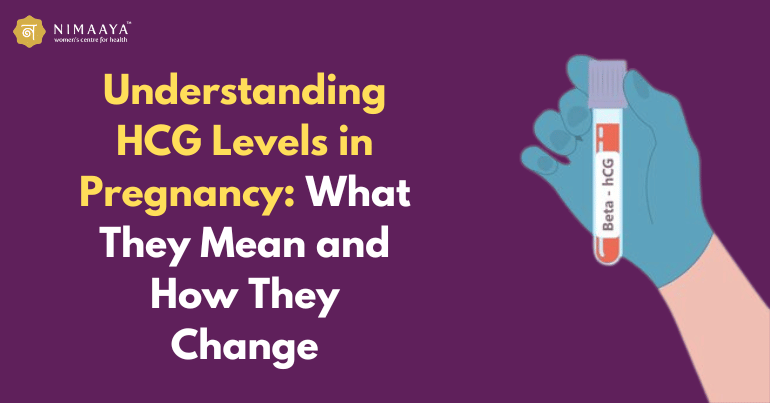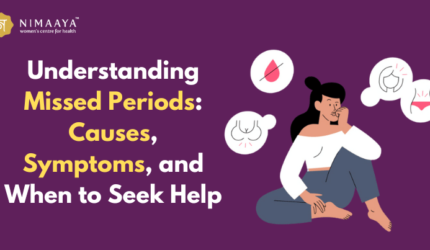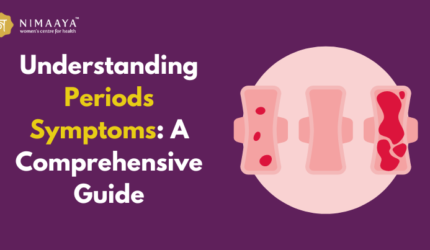There are a tonne of new words and jargon to learn during pregnancy. It makes sense that you would have questions considering that you most likely have no prior experience with obstetrics. hCG is one medical acronym that you might encounter early in your pregnancy. Human chorionic gonadotropin, or HCG, is a pregnancy indicator that can help you and your healthcare provider or midwife understand how your pregnancy is progressing. But just what is hCG, and what does it mean to have different hCG levels each week? What you should know is as follows. You can better understand HCG levels in pregnancy with the help of the information below.
What is Human Chorionic Gonadotrophin?
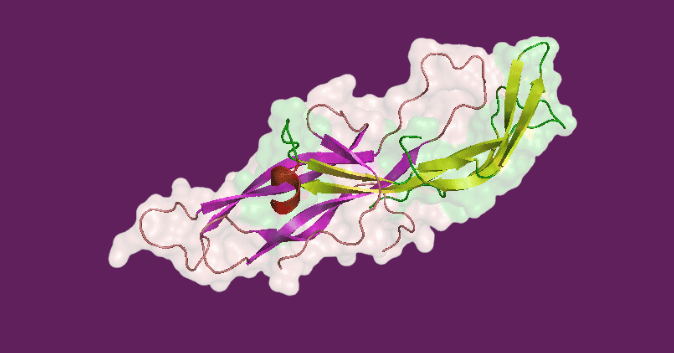
Human chorionic gonadotrophin (hCG) is a hormone secreted by the placenta during pregnancy. Because of its special ability to support pregnancy, it is occasionally referred to as the pregnancy hormone. About ten to eleven days after conception, or when a sperm fertilizes an egg, HCG is detected in your blood or urine. Towards the conclusion of the first trimester (10 weeks of pregnancy), your hCG levels peak and subsequently decrease for the duration of your pregnancy. To verify a pregnancy and provide information on the pregnancy’s progress, healthcare professionals measure hCG.
The hCG levels will usually double every 72 hours. During the first 8–11 weeks of pregnancy, the level will peak; after that, it will decline and level
How is Human Chorionic Gonadotropin Produced?
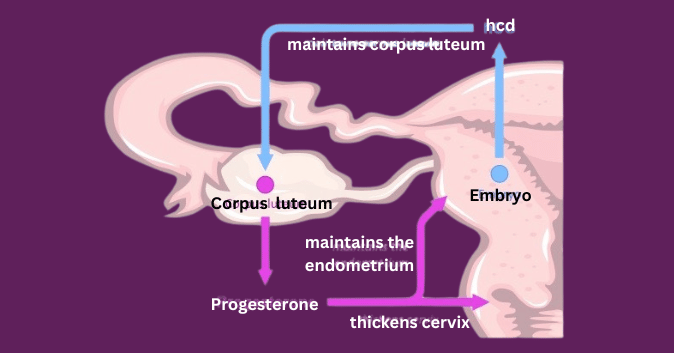
A fertilized egg passes through your fallopian tubes and into your uterus following conception. The fertilized egg, also known as an embryo, implants itself into the uterine wall. This sets off the placenta’s formation. The production and release of hCG into your blood and urine is initiated by your placenta. About 11 days after conception, an individual’s blood can contain HCG. Urine tests show that hCG takes a little longer to manifest.
Healthcare professionals assess the development of the pregnancy and fetus by measuring the rate at which a woman’s hCG levels increase during the early stages of pregnancy.
What are Normal hCG Levels by Week in Pregnancy?
During pregnancy, hCG levels typically increase until a peak between weeks 8 and 12, when the placenta supplies progesterone to help the pregnancy progress. Normal hCG levels vary by week due to the number of trophoblastic cells, which help the developing embryo attach to the uterus and form part of the placenta. The hCG levels chart shows typical hCG levels during the first trimester.
This chart shows how your hCG levels rise quickly and steadily in the first trimester before declining:
| Weeks since last menstrual period | hCG levels (mIU/mL) |
| 3 | 5 – 50 |
| 4 | 5 – 426 |
| 5 | 18 – 7,340 |
| 6 | 1,080 – 56,500 |
| 7 to 8 | 7,650 – 229,000 |
| 9 to 12 | 25,700 – 288,000 |
| 13 to 16 | 13,300 – 254,000 |
| 17 to 24 | 4,060 – 165,400 |
| 24 to 40 | 3,640 – 117,000 |
These numbers should be used as a guide only. Your levels may rise differently. The way the number fluctuates is more important than the actual number. Your healthcare provider will let you know if your hCG levels need to be checked and what your test results mean for your pregnancy. Remember that healthy pregnancies may have lower-than-average hCG levels.
How do you test hCG levels?
Urine and blood tests are the two primary forms of hCG pregnancy tests. The following is a comparison of their sensitivity and accuracy:
‣ Urine Tests
The most popular kind of pregnancy test is a urine test, which can be bought over-the-counter (OTC) at most pharmacies. These tests identify the presence of hCG in a woman’s urine.
When performed appropriately, urine tests have a sensitivity of approximately 97–99% and are generally accurate. Urine tests can identify hCG in the sample at as low as 25 mIU/mL.
‣ Blood Tests
Another kind of hCG pregnancy test that can be performed in a lab or doctor’s office is a blood test. Blood tests come in two varieties: quantitative and qualitative.
-
Quantitative Blood Test:
Quantitative blood tests are highly accurate, with a sensitivity of approximately 99%, and can detect hCG levels in the blood at levels as low as 5 mIU/mL. They are useful for early pregnancy detection or monitoring hCG levels during fertility treatments. A quantitative blood test measures the precise amount of hCG in a woman’s blood.
-
Qualitative Blood Test:
During pregnancy, hCG levels typically increase until a peak between weeks 8 and 12, when the placenta supplies progesterone to help the pregnancy progress. Normal hCG levels vary due to the number of trophoblastic cells in the uterus. Qualitative blood tests detect hCG in a woman’s blood but are less sensitive than quantitative tests. The accuracy and sensitivity of hCG pregnancy tests can be affected by factors like test timing, brand, and individual variations. Healthcare providers can provide personalized guidance and support to help navigate the testing process.
What are some Potential Causes of High or Low hCG Levels During Pregnancy?
Abnormal hCG levels can indicate a variety of potential pregnancy-related issues, so it’s important to understand what causes fluctuations and what follow-up tests or treatments might be recommended. Watching hormone levels during pregnancy can be an exciting and nerve-wracking time for women.
High hCG Levels During Pregnancy
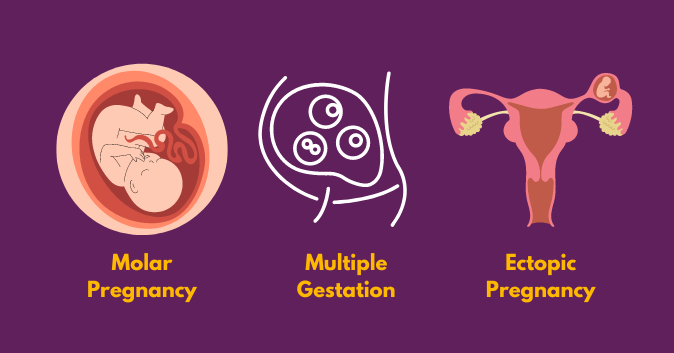
High hCG levels in pregnancy may occasionally indicate a healthy pregnancy. However additional testing or medical intervention may also be necessary for several possible causes of elevated hCG.
• Molar Pregnancy:
A molar pregnancy occurs when abnormal cells grow in the uterus instead of a normal fertilized egg. These cells can produce high levels of hCG, leading to complications such as vaginal bleeding and preeclampsia. Treatment typically involves removing the abnormal tissue through surgery.
• Multiple Gestation:
When a woman is pregnant with multiples (twins, triplets, etc.), her body will produce higher levels of hCG than in a singleton pregnancy. Although this is usually not a reason for alarm, it does indicate that more frequent observation might be required to guarantee the mother’s and the babies’ health.
• Ectopic Pregnancy:
When a fertilised egg implants outside of the uterus, usually in one of the fallopian tubes, it results in an ectopic pregnancy. Early detection is critical because these pregnancies are not viable and may pose a life-threatening risk to the mother if treatment is not received. When symptoms like vaginal bleeding and pelvic pain are present along with high hCG levels, it may be an ectopic pregnancy and needs to be treated right away. However, ectopic pregnancies can sometimes result in low rather than high hCG levels if they do not progress normally.
Low hCG Levels During Pregnancy
Low hCG Levels in pregnancy may also be a sign of possible problems with the foetus or pregnancy.
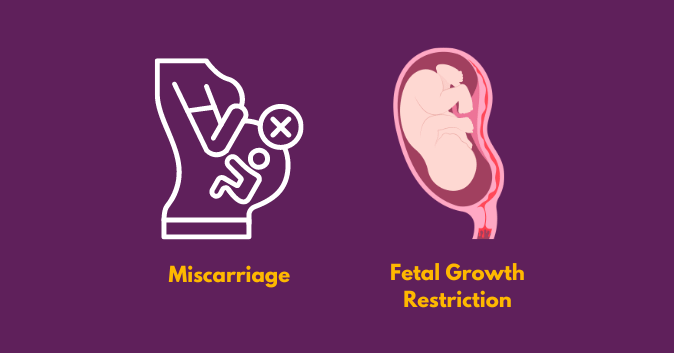
• Miscarriage:
Low hCG levels and miscarriage can sometimes be a sign of a blighted ovum, which is when a fertilised egg implants but doesn’t develop, or of an imminent miscarriage. In these circumstances, symptoms like cramping and vaginal bleeding may coexist with low hCG levels.
Also Read: Understanding Miscarriage Risk: Factors, Statistics, and Using a Miscarriage Chance Calculator
• Fetal Growth Restriction:
Later in pregnancy (after 10 weeks), low hCG levels could be a sign of foetal growth restriction or other problems with the baby’s development. It might be essential to do additional testing, like ultrasounds, to keep an eye on the growth and health of the foetus.
Symptoms of Rising hCG Levels
Your symptoms of morning sickness and other early pregnancy symptoms might be caused by the hCG hormone. According to Ross, a few indications of increasing hCG levels are:
- Nausea and vomiting
- Fatigue
- Breast tenderness
- Dizziness
- Food cravings
- Intestinal changes
- Increased urinary frequency
How often do you test hCG levels in pregnancy?
In the first trimester, healthcare providers check hCG levels, but they usually don’t need to check again. If the initial readings are lower than average, your provider will test hCG levels again in a few days. HCG levels are assessed sequentially, with tests conducted several days apart and levels compared. Certain prenatal genetic tests use hCG levels to determine whether a foetus has a congenital disorder.
When should I see my doctor?
Apart from when you take an at-home pregnancy test, you are usually not aware of your hCG levels. Your doctor might inform you that, given the gestational age of your pregnancy, your hCG levels are low. Early in pregnancy, obstetricians usually check hCG levels; however, they don’t monitor them further unless there are indications of potential issues. Your healthcare provider may run additional diagnostic tests, such as an ultrasound, and recheck your hCG levels if they have concerns about the way your pregnancy is developing.
What Can I Expect After a Pregnancy Loss?
Post-pregnancy loss, hCG levels gradually decline over time, varying based on pregnancy stage and hormonal changes. Fertility specialists may monitor hCG levels until they return to non-pregnant levels, usually below 5 mIU/mL. The menstrual cycle typically resumes within weeks to months, and doctors may advise waiting until hCG levels return and a normal menstrual cycle before trying to conceive again.
What Can Interfere With My hCG Levels?
Factors such as fertility medications, diluted urine, and varying sensitivity levels of pregnancy tests can lead to inaccurate results in pregnancy tests. Elevated hCG levels can cause false positive results, so it’s important to inform your doctor about these. Home pregnancy tests should be taken with the first-morning urine, as diluted urine may contain lower concentrations. Additionally, expired or improperly stored tests, incorrect test instructions, and low or slow-rising hCG levels can also cause false results.
Conclusion
In conclusion, monitoring hormone levels during pregnancy is crucial for ensuring maternal and fetal health throughout gestation. Although there are several possible reasons why a woman’s hCG level may be high or low during pregnancy, risks can be reduced and outcomes for both mother and child can be improved with prompt detection achieved through routine prenatal care and appropriate follow-up testing/treatment. It’s crucial to remember that hCG levels can differ significantly between people and even between pregnancies. While some women may have higher or faster-rising hCG levels and encounter complications, others may have lower or slower-rising hCG levels and still have a healthy pregnancy. While hCG levels can provide important information about pregnancy and fetal development, they are just one piece of the puzzle.
Nimaaya IVF Center, has fertility specialists who often monitor the change in hCG levels over time, along with other tests and examinations, to evaluate the progress of the pregnancy.

